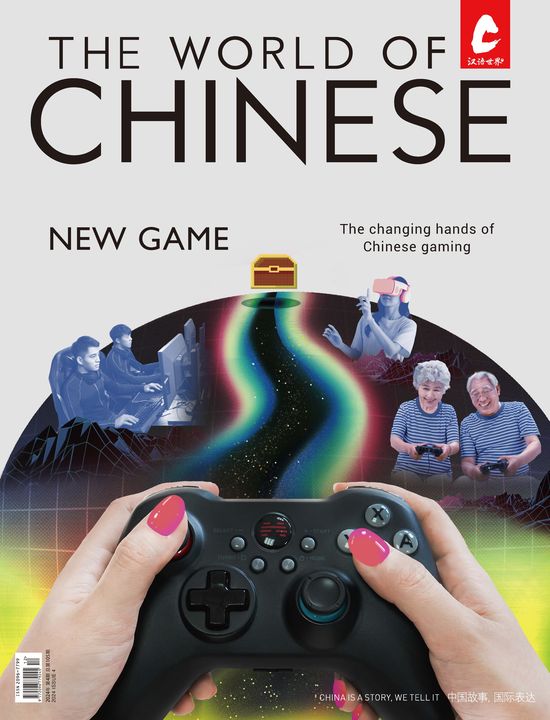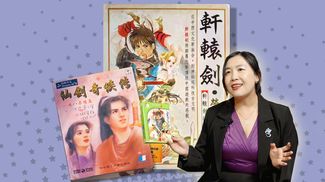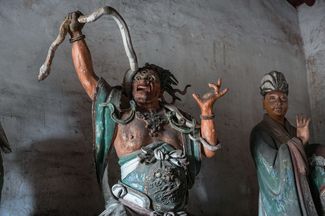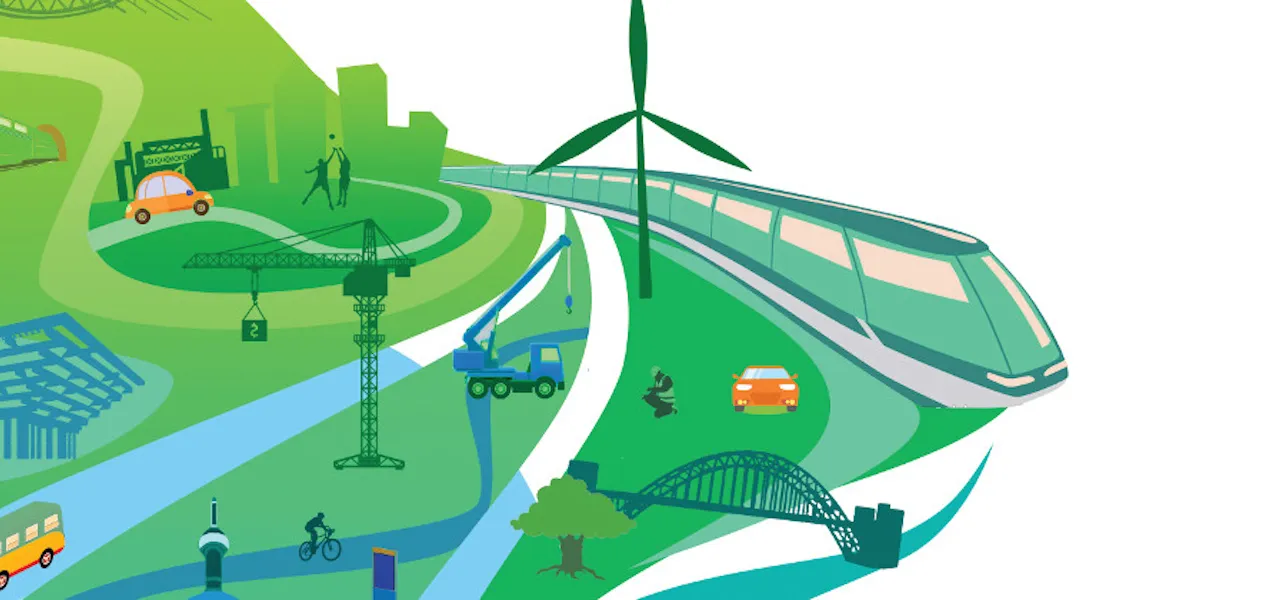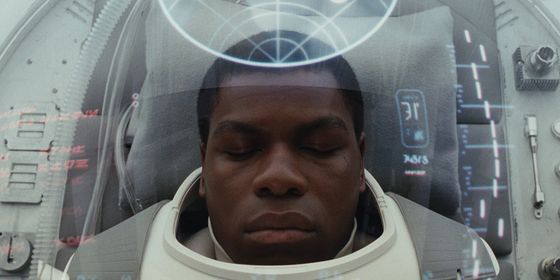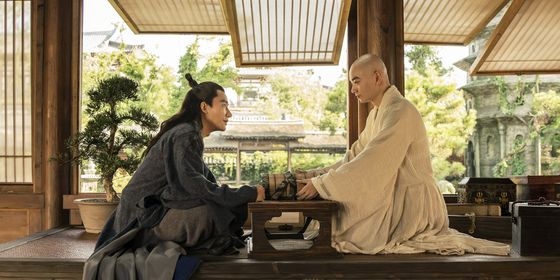Take a look at yourself, and then make a change
Once upon a time, there was an old man who lived at the foot of two mountains. He hated the mountains for blocking his way and decided to move them one bucket at a time. Determined, the man devoted his life and his posterity to the effort. In the end, the god of heaven decided to move the mountains for him. Imagine how easy a task (and how short a story) it would have been if the old man just moved house instead.
There are many similar stories in Chinese mythology; humanity triumphs over nature. Little did they know that in the future—with melting Poles, sinking cities, and shrinking glaciers—that there would be a price to pay for humankind’s arrogance in nature’s realm.
Faced with global warming (全球变暖 quánqiú biàn nuǎn), 变 (biàn, change, transform) is the character we all desperately need to learn. From its early, pictorial form, we know this character emphasizes the human element in causing change. The top half of the character is a complicated pattern, consisting of a pair of hands trying to sort through a mess of silk threads. This is the radical , which means “chaos”. The bottom half is a hand holding a stick, which later evolved into the radical 攴. So essentially, our ancestors wanted to use a stick to bring order to a mess.
A saying from the I Ching《易经》 (Classic of Changes) stressed the importance of 变: “穷则变,变则通,通则久。” (Qióng zé biàn, biàn zé tōng, tōngzé jiǔ. When constrained, make a change; change will clear the pathway; a free flow ensures continuous development.)
In modern Chinese, a series of verbs and nouns are based on this character, which can be attached to different subjects. 变化 (biànhuà, change, vary) is used in more general cases, such as, 十年来,城市发生了很大的变化。(Shí nián lái, chéngshì fāshēngle hěn dà de biànhuà. The city went through great changes over the past decade.) But if you want to change a timetable or a plan, use 变更 (biàngēng, alter, modify). When it’s social transformation you’re talking about, use 变革 (biàngé, transform).
In biology, there’s 变异 (biànyì, variation) and 变种 (biànzhǒng, mutant). Interestingly, the chameleon is literally and quite fittingly called “color-changing dragon” or 变色龙 (biànsèlóng) in Chinese.
But of course, 变 is not always for the better. The idiom 变本加厉 (biàn běn jiā lì) means “worsen, intensify, and become aggravated”, as in 他们变本加厉地互相攻击。(Tāmen biànběnjiālì de hùxiāng gōngjí. They attack each other with intensified severity.)
There are words consisting of 变 that cannot quite be explained by literal interpretation, such as 变脸 (biànliǎn), literally “changing face”, which means “to turn hostile”. 变心 (biànxīn), literally “changing heart”, means “to break faith”. Meanwhile, 变态 (biàntài) usually means “pervert”, but, don’t be alarmed when you have to go to the 变态反应 (biàntài fǎnyìng, abnormal reaction) department in the hospital. Here, it’s just a medical term for allergies.
There are also phrases with both literal and figurative usages. For instance, 变质 (biànzhì, change of quality, usually for the worse) can appear in 牛奶变质了。(Niúnǎi biànzhì le. Milk has turned sour.) And 他蜕化变质了。(Tā tuìhuà biànzhì le. He has become a moral degenerate.) 变味 (biànwèi, change of flavor, to go bad) can be used on food, as well as to mean a “change in nature”. For instance, 麻将是一种娱乐活动,如果加上金钱就变 味了,成了赌博。(Májiàng shì yīzhǒng yúlè huódòng, rúguǒ jiā shàng jīnqián jiù biànwèi le, chéngle dǔbó. Mahjong is an entertainment activity, but if you add money, it changes into gambling.)
Other undesirable changes include 病变 (bìngbiàn, pathological change), 婚变 (hūnbiàn, marriage crisis), 哗变 (huábiàn, mutiny), 政变 (zhèngbiàn, coup) and 变故 (biàngù, catastrophe, misfortune). When offering condolences you can use the phrase 节哀顺变 (jié’āi shùnbiàn, reconcile your grief and embrace change).
To be able to embrace change shows flexibility, therefore 变 can form phrases that refer to flexibility. For instance, 随机应变 (suíjī yìngbiàn) means “to act according to circumstances”. Along the same lines, 变通 (biàntōng), which means “to make changes according to specific cases”, i.e. stretch a point, is the word you might need when you’re trying to get out of a traffic ticket, as in, “能为我变通一下吗?(Néng wèi wǒ biàntōng yīxià ma? Could you stretch a point for me?)”
Change may not always be good, but it is inevitable. The challenge of climate change means that, for the first time, the entire human population of planet Earth is going to have to make some serious 改变 (gǎibiàn, changes) so that there can be a sustainable future for us all.
“On The Character: 变” is a story from our newest issue, “Climate Change”. To read the whole piece, become a subscriber and receive the full magazine. Alternatively, you can purchase the digital version from the iTunes Store
